dé, de, děi
obtain
Depicts a hand (寸) grabbing a shell (貝), used as currency in ancient China, to convey the meaning "get". Originally written as 㝵. The 彳 (movement) component was added later.
Components
Evolution

Oracle script
(~1250-1000 BC)
Bronze script
Late Shang dynasty (~1100 BC)
Seal script
Shuowen (~100 AD)
Clerical script
Eastern Han dynasty (25-220 AD)Regular script
ModernDefinitions
dé
obtain, get, gain, acquire; to obtain; to get; to gain; to catch (a disease); proper; suitable; proud; contented; to allow; to permit; ready; finished
de
structural particle: used after a verb (or adjective as main verb), linking it to following phrase indicating effect, degree, possibility etc
děi
to have to; must; ought to; to need to
Component uses
Sound component in 1 character (0 verified)
Sources
